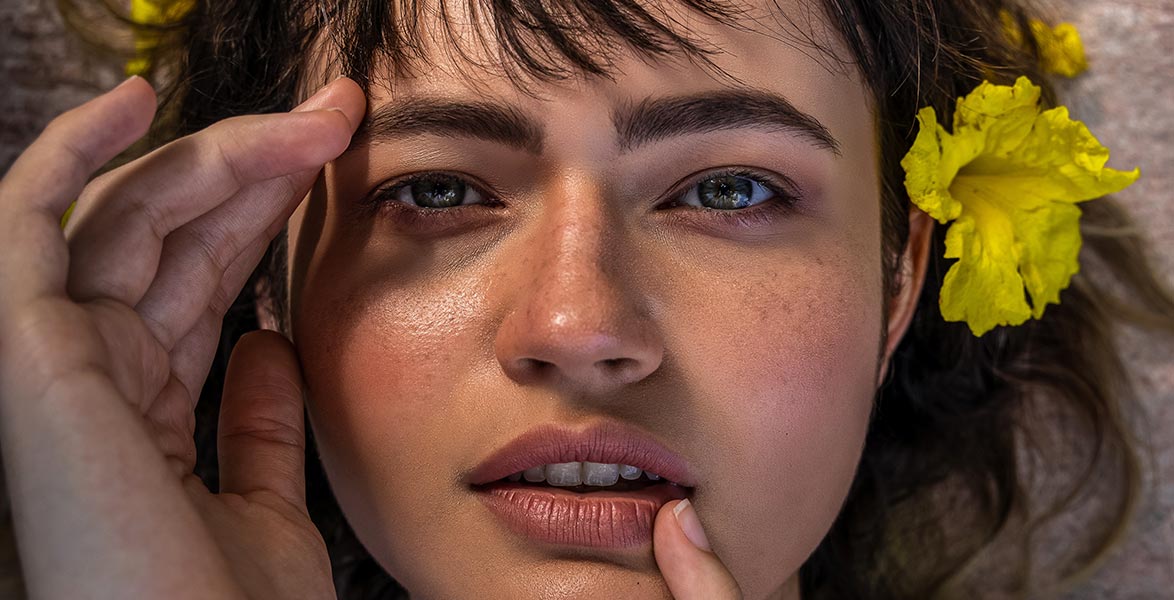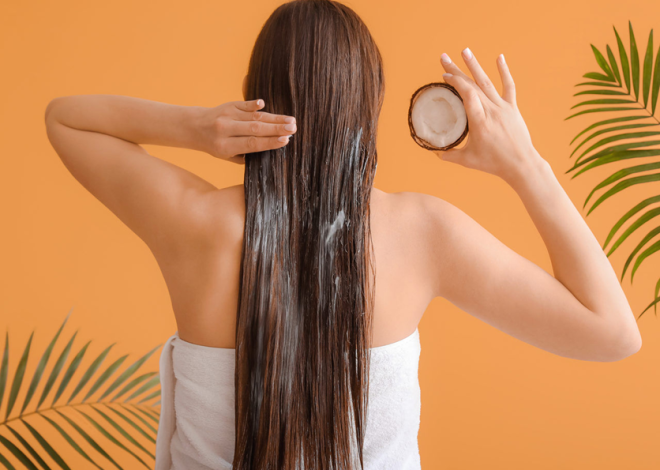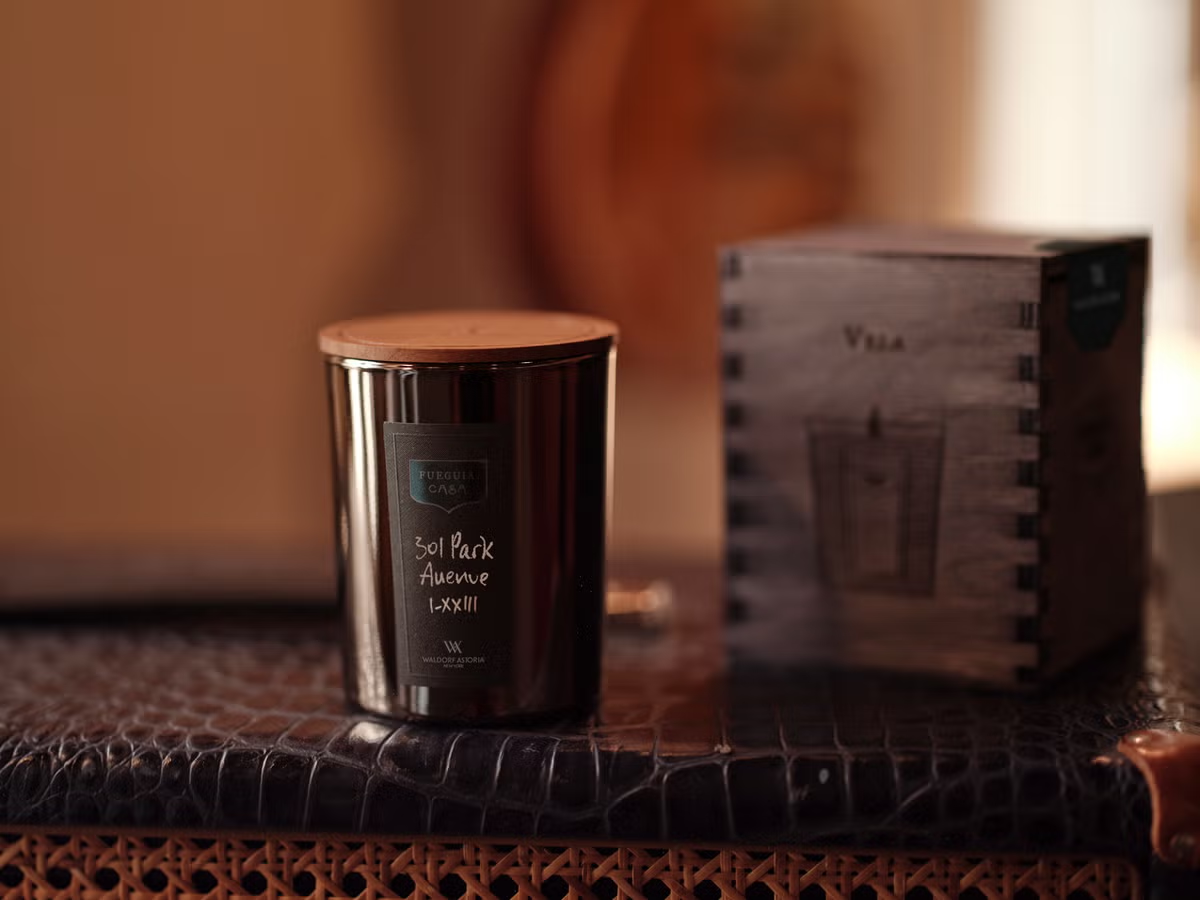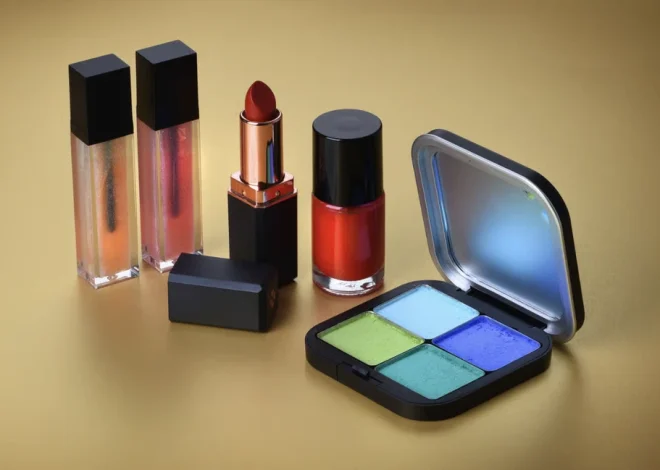The Rise of Custom Skincare Solutions

The skincare industry in India is booming, but the market risks becoming oversaturated with products. Could personalized skincare be the solution to the clutter?
Emerging Customization Trends
The skincare landscape has evolved significantly, with consumers now faced with an overwhelming array of products—serums, scrubs, oils, and numerous specialized creams. Traditional brands in India are increasingly challenged by a surge of homegrown labels offering tailored skincare solutions. The demand for customized products has grown rapidly, especially since the onset of the pandemic. Consumers can now choose from a variety of solutions, including hyaluronic acid-infused moisturizers, Vitamin C night creams, and acne-targeting facial serums. Whether the goal is to tackle acne, reduce wrinkles, or promote healthier hair, these products are formulated using a combination of artificial intelligence and dermatological research, all based on individual skin or hair needs.
The Role of Technology and Science
This intersection of technology and skincare is propelling the industry forward, despite it still being a niche market. In 2020, IncNut Digital, a commerce and content company, secured $4 million in Series A funding. This marked a significant step for the decade-old company, especially with the launch of its personalized beauty brands—SkinKraft and Vedix.
“Skincare is expanding faster than any other segment within the beauty sector. The pandemic has reshaped how people shop and what they expect from the products they purchase,” explains Chaitanya Nallan, co-founder and CEO of SkinKraft, which has been in business since 2017. The company offers a unique online experience where customers take a quiz, sharing details about their skin or hair type, concerns, and lifestyle habits to receive a tailored skincare regimen.
Vedix’s Ayurvedic Approach
Similarly, Vedix invites customers to complete an online survey, but with an added twist: the quiz helps determine the user’s dosha (body type according to Ayurvedic principles). Recommendations are then reviewed by Ayurvedic doctors. “We are currently working on version 1.0, with the long-term goal being real-time customization and virtually unlimited product options,” says Jatin Gujrati, Business Head at Vedix. He explains that over 70 different permutations can be generated based on answers from users regarding hair and skincare.
The Power of Native Advertising
As custom skincare products gain popularity, many consumers are encountering them through sponsored videos and social media. These ads, often triggered by browsing data, are a form of “native advertising” where influencers or everyday users promote brands in an authentic, word-of-mouth style. The focus on personalized recommendations extends beyond just the products; customer support and engagement are also personalized. Gujrati mentions that continuous feedback from customers helps brands fine-tune their offerings and improve efficacy through extensive research and sensory data.
Personalization Beyond Products
Packaging is another key aspect of the personalized skincare experience. Many custom skincare brands, like Bare Anatomy, allow customers to select the color and fragrance of their products. Additionally, customers can have their names printed on the products. Bare Anatomy, which was launched in 2018 by Onesto Labs, offers fun options like a ‘Berry Delight’ pink shampoo or a fragrance-free ‘Vanilla’ variant. When you order, a mock-up of your personalized product appears before delivery.
The Future of Custom Skincare
In 2021, Onesto Labs secured $2.5 million in funding. This, coupled with VC interest in personalized skincare brands, signals the growing strength of the direct-to-consumer (D2C) market. Avendus Capital’s 2020 report highlighted the booming potential of beauty and personal care brands in the D2C space, especially when fueled by social media engagement and influencer credibility.
“SkinKraft is a true D2C brand, with 95% of its revenue generated through our website,” says Nallan, contrasting with other leading brands that rely more on marketplaces. The brand primarily targets consumers aged 24-45, with a strong presence in metro cities such as Delhi, Hyderabad, and Mumbai, as well as regional markets in states like Maharashtra, Tamil Nadu, and Telangana.
New Players Enter the Scene
The D2C model has also opened the door for smaller brands, such as Lucknow-based Arezou, which was founded during the pandemic. The brand offers products inspired by Ayurveda and aromatherapy, including soaps, cleansers, and oils. Arezou’s customers can receive virtual consultations with experts before choosing their products. “My target demographic is 40 to 70 years old—an underserved group often only approached with anti-aging products,” says Arezou founder Ishita Saxena. The brand has found its biggest markets in Tier II and Tier III cities, where customers are seeking skincare solutions beyond the mainstream.
Challenges and Opportunities
Despite the rising interest in custom skincare, there are mixed reviews regarding its effectiveness. On platforms like Reddit, users of personalized skincare products often question whether such solutions can truly deliver results within a short time frame. Adyasha Dash, a Mumbai-based marketing professional, shared her experience with customized hair care, stating, “My hair became rougher and drier, and there was no improvement in texture or hair fall. I switched back to my usual products after just a few washes.”
However, for some customers, the ability to give feedback and receive tailored advice after each purchase has proven to be a game-changer. A writer who has used custom haircare products for six months reports that the brand actively responds to feedback, offering new formulations when the initial products don’t meet expectations. The flexibility to personalize everything from the product’s appearance to its fragrance is another major perk.
Looking Ahead
The custom skincare market seems poised to continue growing, with major companies like L’Oreal leading the way. In 2020, the French cosmetics giant introduced Perso, a beauty tech device that uses artificial intelligence to create personalized skincare and makeup products on demand. As the world moves toward increasingly personalized experiences, the future of beauty looks brighter than ever.



